ERP System vs ERP Software: What’s the Difference and Why It Matters?
ERP System vs ERP Software: What’s the Difference and Why It Matters?
Everybody knows about Enterprise Resource Planning, or ERP. But there’s a common point of confusion for many
businesses: what exactly is the difference between an ERP system and ERP software?
Many use one for the other. It might seem like nothing at all. But it’s not so. Both are different, like the
Milky Way and the sun.
Understanding this distinction is not just technical; it’s strategic. For businesses in Saudi Arabia,
choosing the right ERP solution can determine how efficiently they scale, comply with local regulations, and
deliver long-term value.
It’s time to end this confusion once and for all. Let’s go.
ERP Software vs ERP System
ERP software is the set of applications or programs that automate and manage specific business functions. All the necessary functions like accounting, inventory, payroll, human resources, project management, customer relationship management (CRM), and more will be in integratable modules.
An ERP system is the complete operational ecosystem; it includes the ERP software, but also has the supporting infrastructure, cloud or on-premise environment, data integrations, workflows, people, and policies that power a business’s digital operations.
In other words, ERP software is the tool, and the ERP system is the architecture, processes, and strategy that make the tools work together to drive operational efficiency.
Why the Distinction Matters for Saudi Businesses
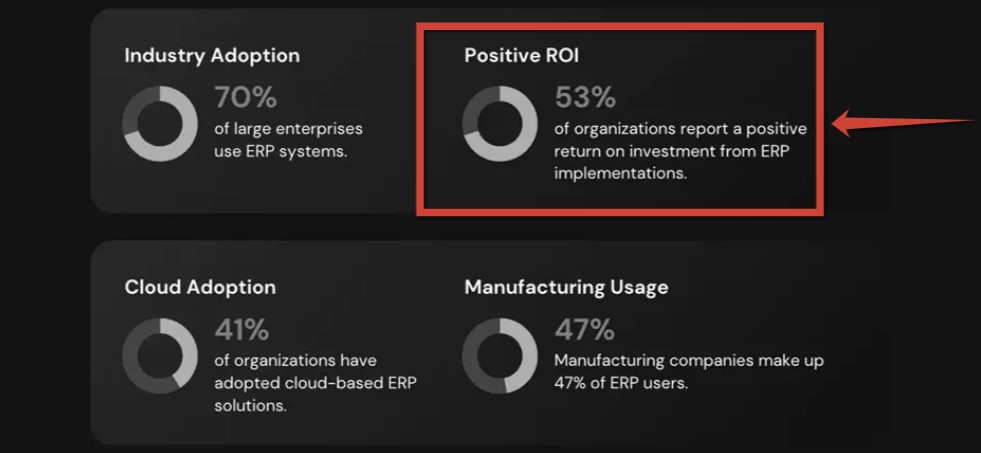
The choice really matters in Saudi Arabia. The way you spend your capital, the way you’re planning to scale and the intensity of the processes you need are streamlined are crucial factors in its selection. Choosing between just implementing an ERP solution or building a full ERP has a direct impact on business agility. Let’s look at this in depth.
1. Strategic Fit and Long-Term Value
A standalone ERP solution may solve immediate operational needs, but a complete ERP system allows businesses to align IT infrastructure with long-term growth strategies.
Modular expansion capabilities help systems to enable businesses to have a base for all operations
2. Cost Structure and Upfront Investment
ERP solution may offer lower upfront costs, but without the broader system components, such as cloud infrastructure, staff training, and process alignment, it often leads to hidden expenses over time.
A well-implemented ERP system, especially a cloud-based one, reduces maintenance costs, supports updates and localisation (like ZATCA e-invoicing), and delivers a higher return on investment.
3. Unified Visibility: The Single Source of Truth
Fragmented tools can lead to duplicated data, inconsistent reports, and departmental silos. A full system integrates every department into a unified database, providing a single source of truth.
This centralization is especially important for businesses operating across multiple cities or regions within Saudi Arabia, where decentralized processes can quickly lead to compliance and reporting issues.
What are the Benefits of ERP Systems?
As business models shift and operational demands increase, the right one provides more than automation; it delivers a strategic edge.
Cloud-Based Flexibility:
With the growing adoption of cloud-based ERP systems in the Kingdom, companies are reducing hardware costs and enabling remote access across cities like Riyadh, Dammam, and Jeddah.
Local Compliance and Tax Readiness
An effective ERP solution must align with Saudi regulations, such as ZATCA’s e-invoicing framework. Cloud-first ERP platforms ensure businesses remain compliant while minimizing manual intervention.
End-to-End Integration
From finance to material requirements planning (MRP), a modern enterprise resource planning connects every function, delivering consistency, control, and cross-functional alignment.
Automation and Efficiency Gains
Automation embedded within the ERP solution streamlines workflows, accelerates purchase orders, and reduces human error, resulting in increased efficiencies and faster cycle times.
HostBooks ERP: Built for Modern Saudi Businesses
At HostBooks, we recognize that Saudi businesses don’t just need software; they need scalable, intelligent systems that support real growth.
Here’s how we deliver:
Complete ERP Solution in One Platform
HostBooks brings together accounting, resource planning, ERP solution, tax compliance, payroll, customer relationship management CRM, supply chain management, and inventory in a single, unified platform.
Cloud-Based, Scalable, and Secure
Our cloud based ERP is optimized for speed, remote access, and minimal infrastructure, perfect for growing businesses with teams in multiple regions.
Lower Upfront Costs, Faster Implementation
HostBooks avoids the heavy setup fees often associated with legacy premise ERP models. Our smart implementation approach ensures faster onboarding and immediate ROI.
Real-Time Dashboards and Reporting
Track key metrics, generate accurate financial reporting, and make informed decisions with real-time visibility, eliminating guesswork and enabling control across departments.
Designed for Saudi Market Readiness
Arabic language support, localization for GAZT/ZATCA rules, and region-specific features make HostBooks the right fit for local enterprises aiming to digitize with confidence.
Don’t Just Build Blindly
Saudi is too fast for the outdated. Whether you’re building a system or growing a module, you need to always have a plan. Businesses need more than functional tools. They need flexible, intelligent systems that adapt, integrate, and grow.
Choosing an ERP solution alone may solve an isolated problem, but building a full ERP system lays the foundation for sustainable growth, real-time decision-making, and digital maturity.
With HostBooks, you’re not just adopting software. You’re transforming your business operations, one intelligent module at a time. Want to know more about us, click here!

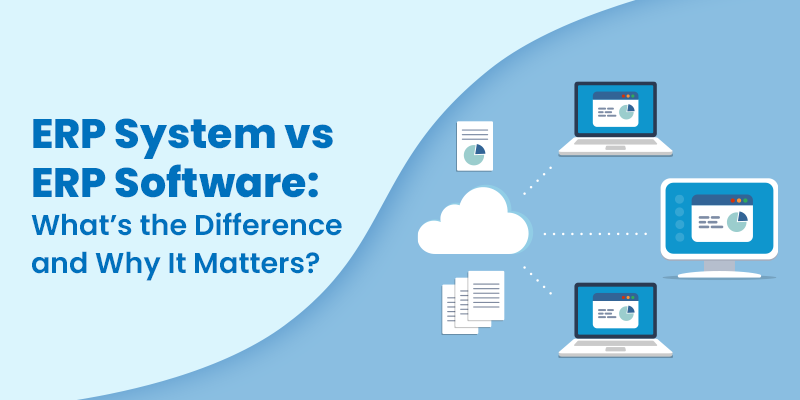
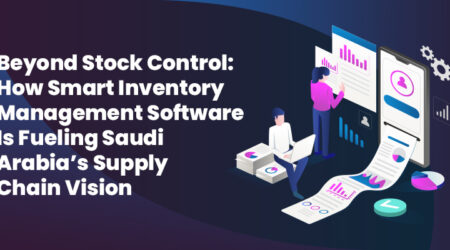
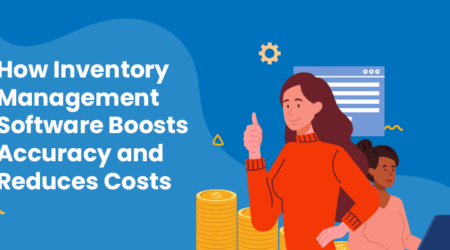

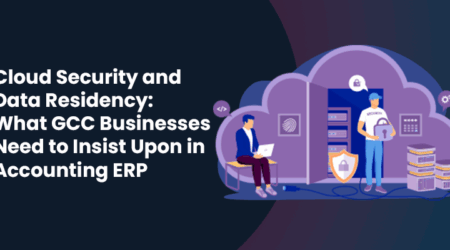
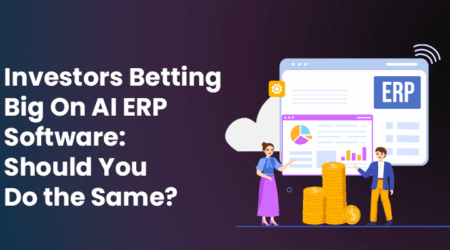
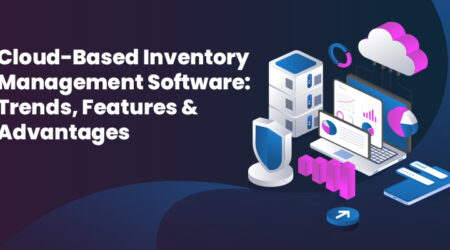

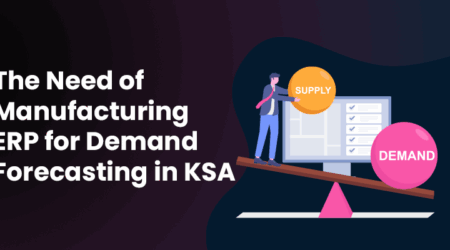
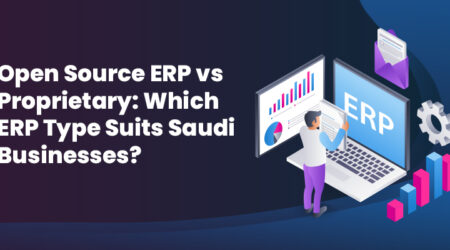
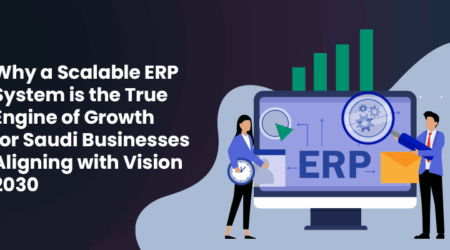
Leave a Reply